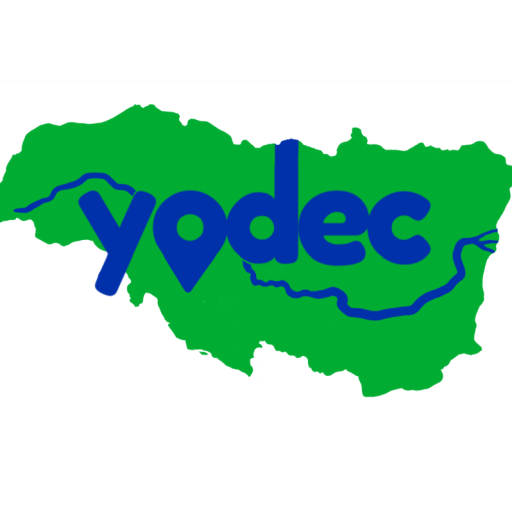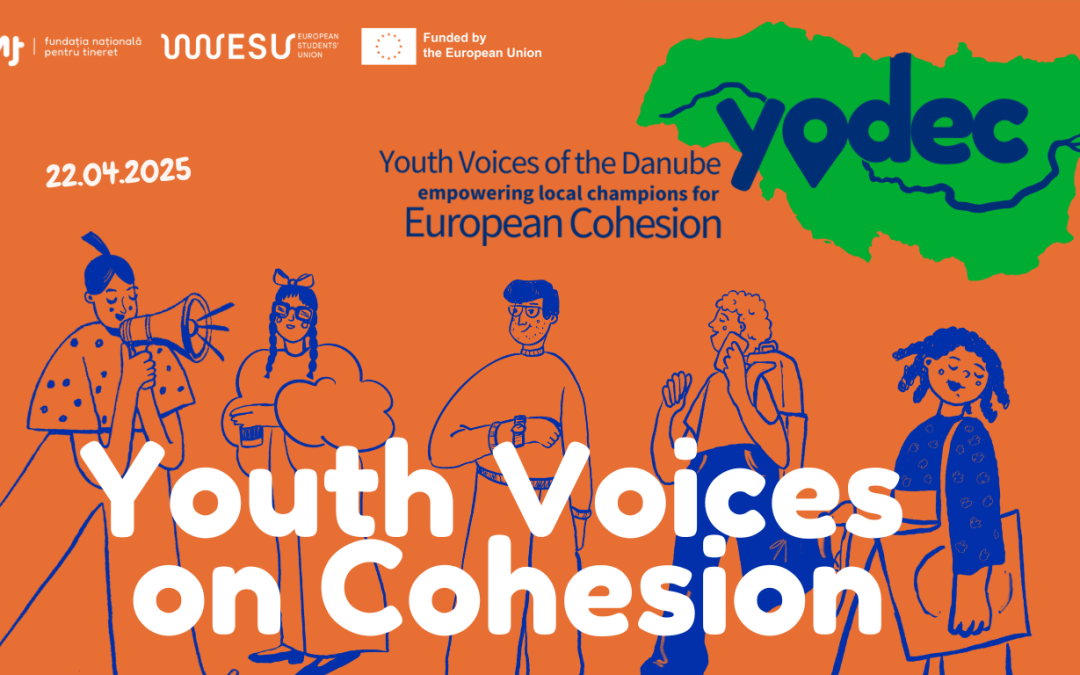On April 22, 2025, young people from the Republic of Moldova gathered to reflect on their experiences living near a border, their relationship with institutions, and their ideas for building stronger cross-border cooperation. The conversation revealed both concerns and creative visions for how their communities can move forward through inclusive decision-making and better connections.
The discussion began with the question:
“Is living next to a border an opportunity or a disadvantage?”
A democratic vote was held, with young people sharing arguments to support their views. In the end, 6 participants believed it was a disadvantage, while 4 considered it an opportunity. The divide highlighted a deeper tension: while borders can offer access to new experiences and cross-cultural exchange, they can also symbolize disconnection, limited resources, or geopolitical instability — especially in uncertain times.
The conversation then turned to local issues:
“In the place where you live, what are the main topics where cooperation is needed?”
The primary concern raised was the lack of communication between local authorities and citizens. Young people expressed that public institutions often make decisions without real consultation, leaving the community — especially the youth — feeling excluded and unheard. This disconnect has led to mistrust and a sense of inefficiencywhen it comes to solving local problems.
Another important topic was the relationship between students and school leadership. Participants felt that their voices are rarely taken seriously in school matters. They called for more open dialogue between students and directors, where young people are seen as partners in building a healthier, more respectful educational environment.
When asked:
“Can you name an Interreg project that you find useful in the place where you live?”
Participants mentioned two initiatives: “DEBUTING” and “MILEstone”. While not currently present in their area, young people believed these projects could have a real impact in their community. They appreciated that these programs aim to create job opportunities across all social levels, promote inclusion regardless of race or religion, and fight gender discrimination — especially in fields typically dominated by men. For them, this kind of equal access and representation is exactly what’s missing in many local settings.
They then reflected on real-life barriers:
“In your daily life, what are the biggest difficulties for cross-border and transnational cooperation?”
One of the most pressing issues identified was institutional dysfunction. Participants felt that many local authorities and institutions suffer from internal conflicts and are more focused on political rivalries than on the needs of the population. As a result, important initiatives — especially those affecting young people — are often delayed, blocked, or ignored.
This constant power struggle leaves youth feeling disconnected from the decision-making process and frustrated with institutions that should be serving their communities. Instead of being part of the solution, young people feel they are kept at the margins, despite their willingness to contribute.
Finally, the students were asked to imagine the ideal solution:
“What would be the cooperation project of your dreams?”
The vision was clear: a project that builds a connected network between all regional institutions, with clear roles and shared responsibilities. Youth proposed linking local authorities with Youth Centers to create a chain of communication where everyone benefits.
In this model, Youth Centers would gather and relay the perspectives of young people, helping shape public policies and decisions. At the same time, authorities would gain stronger influence and trust by showing they care about youth input. For the participants, such a system would make institutions more transparent, efficient, and responsive — exactly what’s needed to rebuild trust and cooperation.
💬 Final Thought:
The young voices from the Republic of Moldova showed that they are not indifferent, but ignored — and that needs to change. They are ready to participate, to connect, and to co-create solutions for their communities.
What they ask for is simple: genuine dialogue, respectful partnerships, and networks that include them in shaping the future. If institutions can learn to listen and act, there’s enormous potential waiting to be unlocked — starting right at the border.

